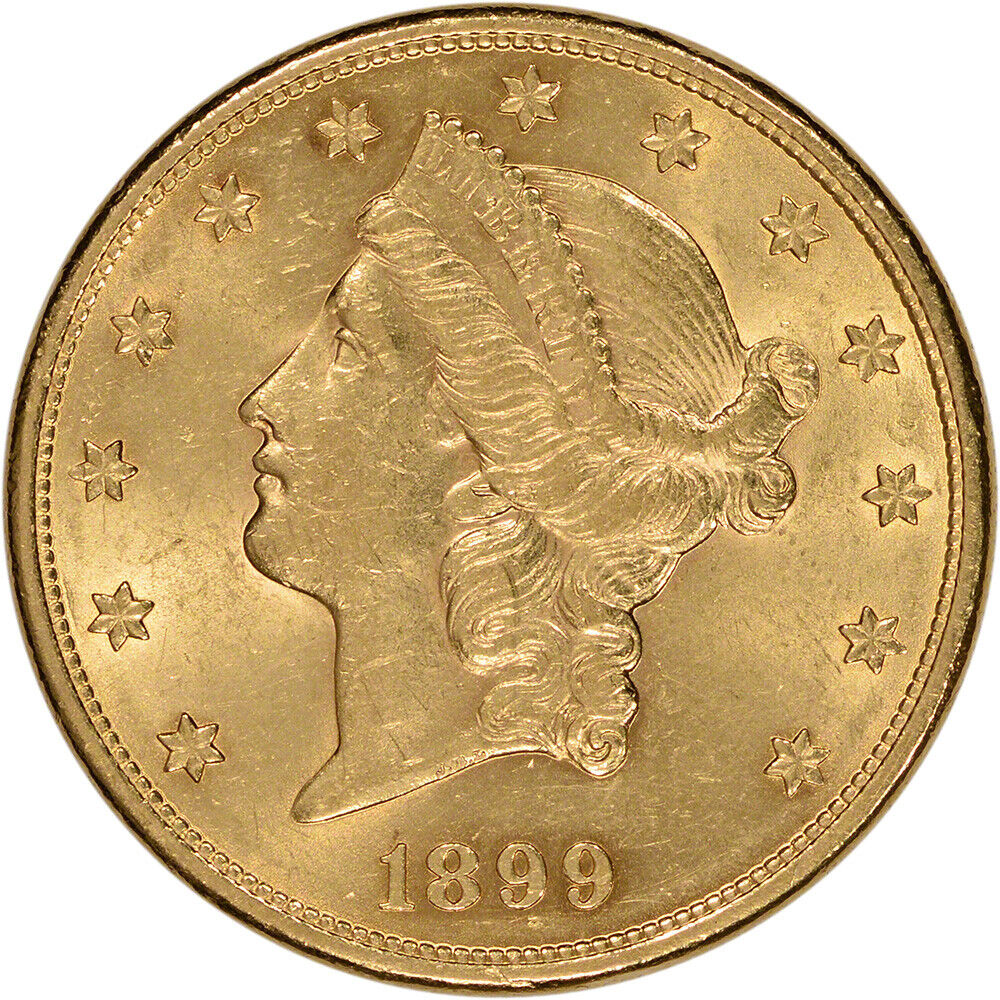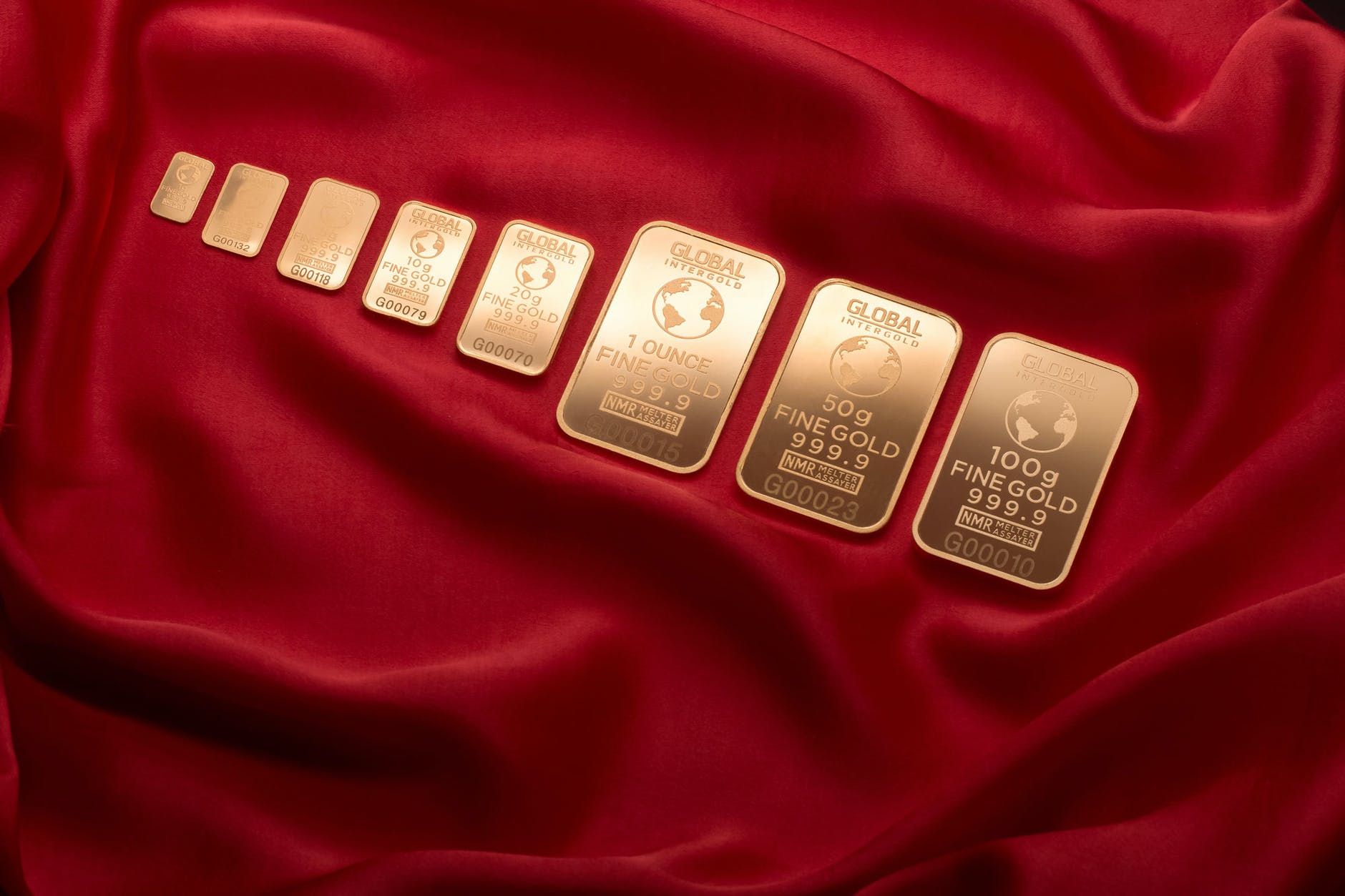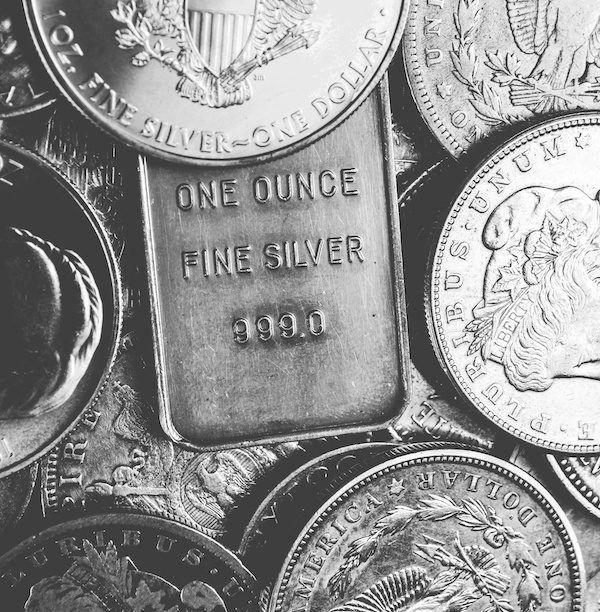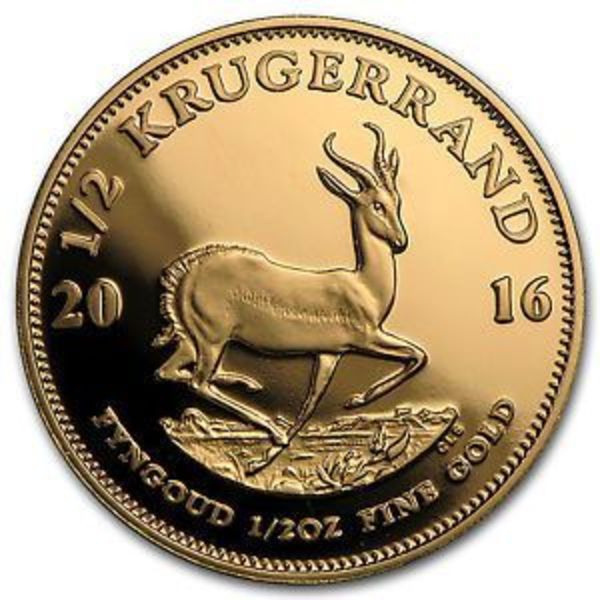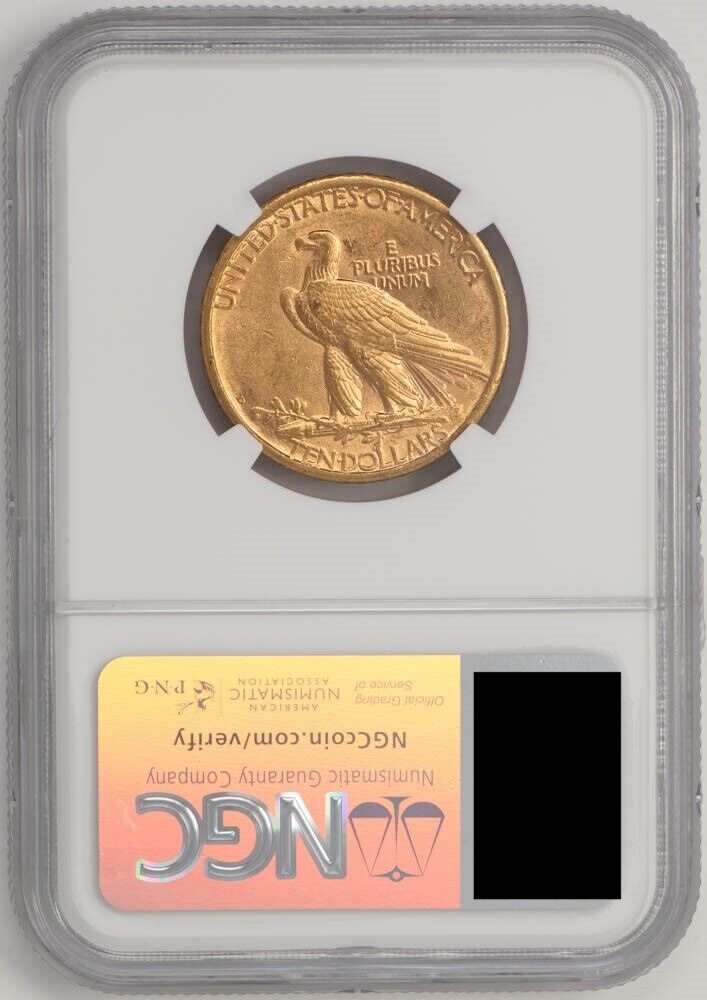Some people are contentious about being charged sales tax when investing in precious metals. This issue also represents a line in the sand between some legislators and investors. Despite the long history of gold and silver being recognized as money, many states continue to tax their citizens for the privilege of owning these metals.
Some states have no sales tax, others have provisions specific to precious metals, and others impose varying levels of taxation. Taxing the exchange of money, which includes gold and silver, has been debated for many years.
Gold and silver have been recognized as money since ancient civilizations. They have been used as a medium of exchange for centuries.
Private ownership of gold became outlawed in 1933. Under government orders, millions of circulating gold coins were seized from citizens and melted down. Jewelry and numismatic coins were exempt from the ban. Any person caught hoarding gold was investigated, prosecuted, and imprisoned.
Numismatic Loophole in the Gold Ownership Ban
During the prohibition years, coin collecting was viewed by many simply as a hobby. Some savvy investors used coin collecting to legally and discreetly hoard gold.
Although valuable for the intrinsic nature of the precious metal content, many coins are viewed merely as collectibles. Some states tax numismatic collectibles.
During this time coin collecting quickly grew in popularity with many investors turning their attention to numismatics that were generally exempt from the ban. Whitman’s Blue Book was first published in 1942, followed by the Red Book in 1946.
Pre-1933 gold coins play a massive role for collectors and investors alike. These historic coins represent a time when the US economy was backed by gold.
For today’s investors, the premiums on pre-1933 US Mint gold coins have fallen significantly in recent years. In some situations, premiums for NGC and PCGS-graded collectible double eagle coins can be lower than raw specimens. With cycles of numismatic premiums rising and falling over time, these coins represent a solid long-term investment that could bring numismatic returns.
Also, during this time, several countries began minting restrike gold coins. Restrikes are modern “reproductions” produced by the official government mint to the same standards as when the gold standard was in place.
At the time, restrike gold coins were recognized as collectibles despite having no numismatic value. During the several decades when the ban on private gold ownership was in place, it was a clandestine way for many gold investors to transact real money.
Outdated Sales Tax Laws
Many state laws regarding precious metals were written prior to 1974, when ownership, buying as a hedge, or investing in gold was still illegal. The numismatic items that were bought and sold were viewed by the states as collectibles, thus taxable under most regimes.
Currently, six states have no sales tax on purchases: Alaska, Delaware, Montana, New Hampshire, Oregon, and Wyoming. However, Nevada, South Dakota, and Washington have laws or rules that exempt sales tax on precious metals purchases. Utah and Arizona have recently passed legislation that exempts precious metals from state capital gains taxes.
State legislatures are increasingly recognizing the need to exempt gold and silver purchases from sales tax due to their worldwide recognition as money. Lawmakers recognize that gold and silver are relevant as a store of value and a hedge against fiat inflation.
The belief that precious metals transactions should not be subject to taxation is growing among state legislatures because they are now viewed as investments, not consumer goods.
While some states have recognized the historical and economic value of precious metals and are working to eliminate sales tax on them, others still impose varying tax levels on such purchases.
Investors need to be aware of the specific tax laws in their state when considering buying precious metals. Even in states that require the taxation of precious metals, a friendly local coin store or pawn shop that gladly accepts silver cash is possible.
The rules related to charging sales tax on precious metals are complex and vary across the 50 states and even amongst localities.
While trends towards eliminating or reducing sales tax on precious metals are growing, more states are beginning to recognize the importance of metals as real money and the value they bring in diversifying portfolios, protecting against economic uncertainties, and being a stable asset.
There are many arguments against taxation in exchanging money for a store of value.
- Double taxation: When precious metals are purchased with already taxed money, it is essentially double taxation to also tax the exchange of those metals. This can make investing in precious metals less attractive and may discourage investors from diversifying their portfolios.
- Decreased competitiveness: If one state taxes the exchange of precious metals and another does not, the taxed state is at a competitive disadvantage. Investors may choose to purchase metals in a non-taxed state to avoid the extra cost, resulting in lost revenue for the state that taxes the exchange.
- Economic impact: Taxing the exchange of precious metals can negatively impact local economies. Customers may choose to take their money elsewhere, and local precious metals dealers may suffer from decreased business. This can lead to job loss and a decrease in tax revenue for the state.
- Encourages black market activity: High taxes on precious metals can encourage black market activity, where transactions occur off the books and taxes are not paid. This can lead to lost revenue for the state and make it difficult for law enforcement to track the flow of money.
In the US, gold played a significant role in the economy when the country was on some form of the gold standard until 1971. During this period, the US dollar was backed by gold, which meant that the government had to hold enough gold to cover a large percentage of the value of all the dollars in circulation worldwide.
However, the tax-free states in the US recognize the value of precious metals and their role in a diversified investment portfolio.
More states are recognizing the historic nature of precious metals as a form of currency and, therefore, should not be subject to sales taxes. Mississippi became the latest state to remove the sales tax on silver and gold, allowing citizens to protect their savings against the dollar’s devaluation.
Avoiding Sales Tax on Silver Purchases
In addition to tax-free states, several states have recently taken steps to remove or reduce sales tax on precious metal purchases.
For example, Mississippi, Kentucky, Maine, Wisconsin, Vermont, Minnesota, Alaska, Tennessee, Maine, and Idaho have all passed laws that exempt precious metals from sales tax or reduce the tax rate.
These legislative actions reflect the growing recognition of precious metals’ value as a safe-haven asset and store of value.
These states have recognized the importance of precious metals as a store of value and have taken steps to remove barriers to their ownership. These states have made it easier for investors to protect their wealth with these assets.
Several states have recently introduced legislation to remove or change sales tax laws regarding precious metals.
For example, in recent years, Mississippi, Kentucky, Maine, Wisconsin, Vermont, Minnesota, Alaska, and Tennessee have eliminated or reduced sales tax on precious metals.
Idaho and Maine also consider gold reserve laws, allowing the state to hold gold as a reserve asset.
Texas, often leading in guiding other states, has introduced gold-backed digital currency law as an alternative to the anticipated Federal Reserve CBDC.
The state of Texas also operates a first-of-its-kind bullion depository, which allows for the segregated storage of precious metals for both individual and institutional investors in a secure and guarded facility.
